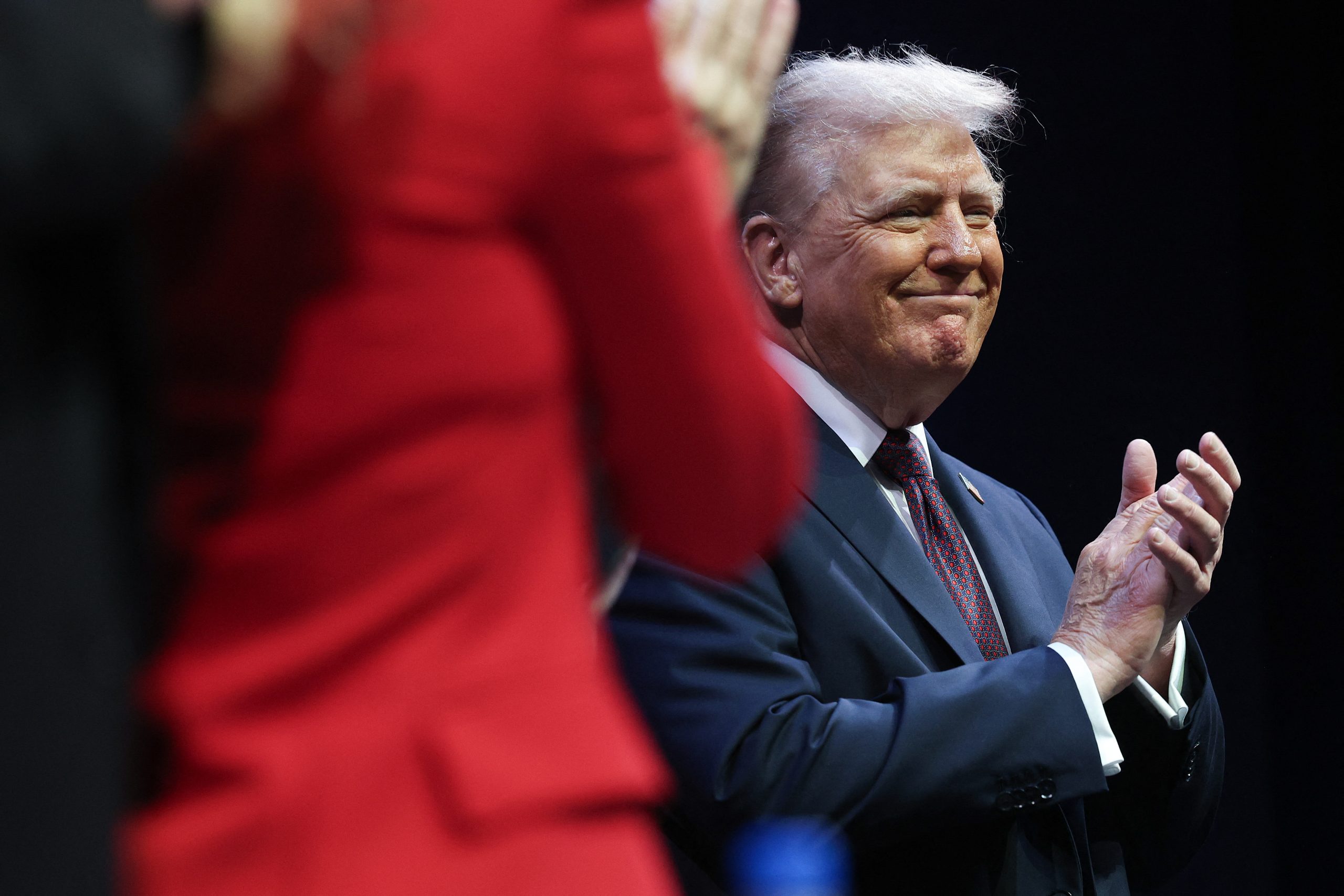In order to lower violations in the nation’s financial sector, the governor of the Central Bank of Nigeria, Olayemi Cardoso, has committed to pursue an aggressive regulatory environment.
Cardoso made the disclosure at the first meeting of the Apex bank’s Monetary Policy Committee after taking office in September 2023, he made this statement on Tuesday in Abuja according to The PUNCH.
In addition, he said that a thorough investigation was being conducted to ascertain the appropriate course of action against banks implicated in violations, emphasizing that the bank was now developing “tough regulations” to purify and clean up the nation’s foreign currency market.
In response to inquiries on actions taken to encourage trade on the foreign currency market, the governor disclosed that its foreign reserves had climbed to $34 billion as of February 20, representing a $2 billion rise from the $32.23 billion reported at the end of January.
Since the new government floated the currency and harmonized the exchange rate windows, the value of the naira has dropped to an all-time low.
From more than N700/$1 in May 2023 to more than N1,500/$1 on Tuesday, the value of the Nigerian Naira declined.
Cardoso stated that “The central bank was implementing a more stringent regulatory framework and that the CBN will take all necessary measures to prevent arbitrage that is supported by banks and BDCs.”
“In order to improve our understanding of the state of the market and the locations of violations, the central bank and law enforcement authorities are now working together, they will be taken care of quickly.
“As far as the central bank is concerned, I must stress that we are headed towards a very harsh regulatory environment. As you can see, those rules have been released, and there is zero tolerance for individuals to not comply with the new laws.
“Those rules will have to be followed by everyone, and those who don’t will suffer the penalties. I promise that a comprehensive exercise is underway to determine the necessary steps for bank assistance violations. And once those are concluded, it is something we will not withhold from one another. We’ll let you know appropriately and take necessary action,” Cardoso said.
Cardoso stated that “The apex bank will keep the market more liquid and guarantee that people who are sincere and wish to follow the guidelines established by the central bank would be allowed to do so.”
He also stated that those who do not wan to follow the rules should be ready to face the consequences.
Among other things in the global economy, the recovery was propelled by changes in the foreign currency market and a rise in oil output, he said.
Cardoso disclosed that the apex bank has disbursed an additional $400 million to people who were identified, out of a $2.2 billion legitimate FX backlog.
The governor of the CBN stated that the bank is dedicated to paying off its foreign exchange backlog to companies and would endeavour to regain the public’s trust.
“We are committed to clearing the backlog of identified and genuine requests that are pending regarding the backlog. We have paid out $0.4 billion to individuals who were recognized today, and we are committed to continuing to do so in some capacity to those who have been really identified and confirmed to be cases,” Cardoso said.
Additionally, when the bank conducted a forensic investigation of the claims, the governor declared that almost $2.4 billion in FX claims were invalid.
The former Lagos State Finance Commissioner reaffirmed his position about the bank’s suspension of intervention programs and loans, saying, “As far as I’m concerned, interventions have two dysfunctions from the central bank space. One is that it consumes a significant amount of your time for a task for which you are genuinely unqualified. Furthermore, the inflow of money supply causes several distortions in your economy if it is not managed appropriately. The latest measures were projected to have cost more over N10 trillion.”
“I’m not discussing strategies and tactics. I am speaking of interventions over N10 trillion. What was the Nigerian Federal Government’s budget? What was the biggest Nigerian state’s budget? You can determine the degree of harm by doing the maths. A surplus of seemingly beneficial goods may be detrimental to an economy. Thus, it is a big deal to me,” he said.









